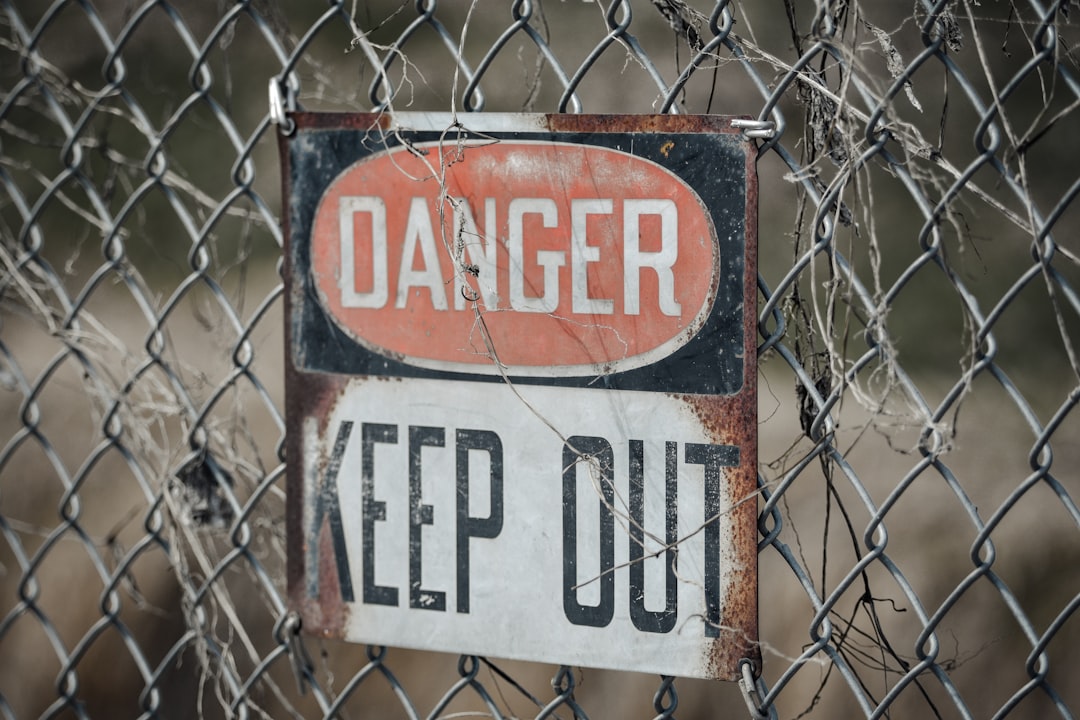Are Piano Strings Dangerous?
When you are first tuning pianos it can be intimidating. You are tuning so many strings and they are all under so much tension. Sometimes I wonder, are piano strings dangerous?
No, piano strings are not dangerous. It might hurt to be hit by a string that just snapped, but they are unlikely to cause a life-threatening injury. The worst case scenario would be the string hitting your eye.

Why Are Piano Strings Not Dangerous?
Piano strings are not as dangerous as you would think, because they're actually not under as much tension as you would think. It doesn't mean you shouldn't have thoroughly tried tuning your own piano. But sometimes when a piano string breaks it just kind of flops down. This is because piano strings are not as elastic as you would think.
Some strings create a note because they are very elastic and are pulled tight to the correct pitch. Other strings are manufactured and they're under just a small amount of tension to create the pitch. You should still be cautious of breaking can of strings because if they hit you in the eye that could be a bad thing. But for the most part piano strings do not whip around too much when they break. And if they do whip around there's not that much force behind them. Another nice thing about piano strings is they tend to break by the pianist and then go away from the pianist.
So you certainly don't have to worry when you're playing a piano. I've never heard of a pianist getting hit by a broken piano string. I have heard of the end of breaking piano strings though because they play so hard. I'm sure to a new pianist it could be intimidating sitting at the end of a grand piano with all those strings pointed at you. But trust me you don't have to worry about that!

Why Do Pianos Go Out Of Tune?
Pianos go out of tune for a number of different reasons. The most common reason pianos go out of tune is temperature and humidity changes over time. So essentially it just takes time for a piano to go out of tune. This is why you need to make sure to keep your piano tuned at least once a year. This is the best way to take care of a piano and the best way you should treat your piano.
Pianos are fragile special instruments that should be taken care of. They're not just a regular piece of furniture in your house. You must keep a piano in tune so it is used to being in tune. I know that doesn't seem to make much sense, but trust me it does. When a piano is in tune it's in a certain position, and when it is out of tune it is in a slightly different position. So you need to make sure that the piano is comfortable being in an in tune position. If you want to learn more about a great pianist, you should check out this article:
Pianos go out of tune from being played. If you think about it, when you play a piano you're striking the string with a little felted hammer. When the hammer strikes the string it puts more tension on the string for a brief period of time. Then when the hammer goes away from the string that string resonates creating the sound of the note. Even though this is the proper way to play the piano, it does put more tension on the string and that causes the string to put more tension on the tuning peg. So very slowly over time the string will most likely become looser and looser, causing the piano to go flat. It doesn't necessarily mean every piano goes out of tune flat because there is also humidity and temperature involved.
It just proves that you have to always take care of your piano and make sure to tune it at least once a year. Because if you're playing your piano regularly it is going out of tune. Also if you're not playing your piano it is still shifting because of temperature and humidity, that's going out of tune also. So you should not go years at a time without tuning your piano.

Should I Tune My Own Piano?
No, you should not tune your own piano! Even if you have good years and can hear when things are in tune and out of tune you should still not tune your piano. Pianos are very delicate and complicated instruments. It is not as simple as tuning a guitar to tune a piano. I know it might be tempting to tune your own piano and save a couple hundred bucks but you might be doing more damage to your piano then you are helping your piano. This is what I tell all my students, I teach piano lessons in Beaverton.
I once made the mistake of trying to tune my own piano. At first everything was going well. But then I started to miss the mark more and more. The piano is a finely tuned instrument. So as you start making small mistakes and you start moving up the piano, or down the piano. Those small mistakes start to become larger and larger mistakes.
Like many things in life as things start to go off course the further up down that road you go the further off course things are. So if middle C is perfectly in tune and one octave up for Middle see is just a teeny bit out of tune, then two octaves up for middle C is even more out of tune.
This is the danger of being a novice piano tuner and trying to tune your own piano. Before you know it you have a piano that sounds really terrible and you can't necessarily set it back to where it was. This is a very common issue when people tune their own piano, it ends up more out of tune than it was to begin with.
So if your piano is out of tune, even though piano strings aren't necessarily dangerous you should still hire a piano technician. You don't want to screw up your own piano. You shouldn't let piano strings not being dangerous encourage you to try to tune your own piano.

How To Find A Piano Technician
There are many ways to try and find a great piano technician. You can always call local music studios our local schools. They would all have to have their pianos tuned at least once a year. You could also call local churches because they have a lot of pianos typically. All these places would be able to recommend a great piano technician to you.
A piano technician can also be very handy in case you break a string on your piano. They can also replace strings and reset how each key fields. That is a very delicate skill that takes lots of time to perfect. It's important for each key on the piano to have the same amount of resistance as the key next to it. This is how you get a piano to be really great to play. And if it was really great to play then a great pianist will sound great on it.
So make sure to call around and find a high-quality piano technician to tune your piano. Thank you so much for reading this article all the way to the end. I'm very passionate about pianos and love writing about them. I don't want anyone to be afraid of playing a piano, or piano strings! It's really fun to play the piano and you shouldn't be afraid. But maybe you should be a little bit afraid of tuning your own piano!
Thank you so much for reading this whole article. I know it is a bit long winded, but I love to write about piano and piano things.



